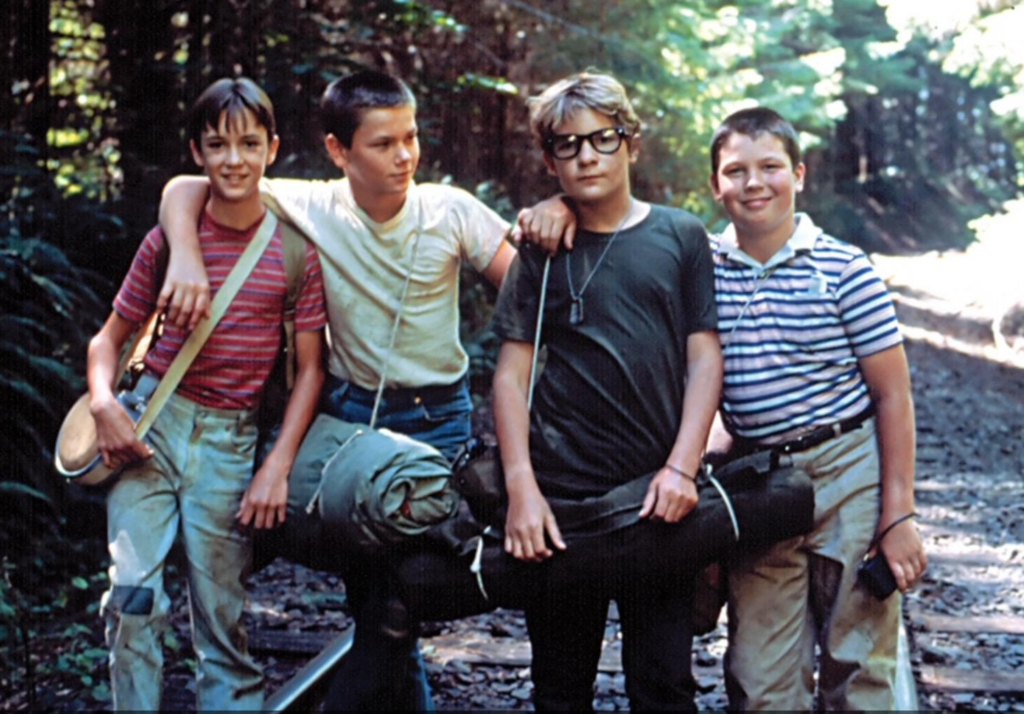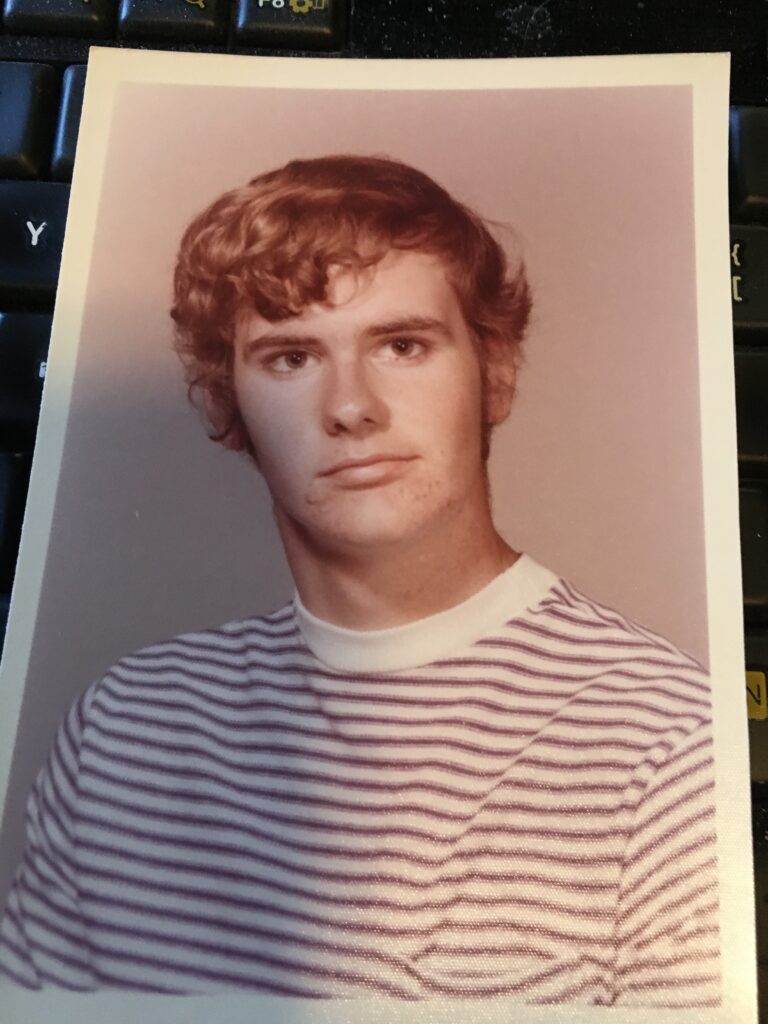By Wayne Allensworth
Piles of old magazines,
Drawers of boy’s letters
And the line of love
They must have ended somewhere.
Yesterday’s Tribune is gone
Along with youth —
Ernest Hemingway

Bliss it was in that dawn to be alive, wrote Wordsworth. But to be young was very heaven. Part of what the poet penned as an “autobiographical poem,” those lines would linger in his heart and mind, and eventually be tarnished by disillusionment. Wordsworth, like many romantics of his day, was thinking of the French Revolution, and what they thought it could be. But what dreamers dreamt often ends in disappointment, and the “bliss” Wordsworth described died on the guillotine, along with the utopia they envisioned. A wiser, more prudent Wordsworth later titled the poem The French Revolution as it Appeared to Enthusiasts at its Commencement.
But I don’t know that he, or any of us who look back with longing at the dreamlike enthusiasms of our youth, ever lost the sense that we should dream or ever forget those times when the world seemed so full of possibilities. When every experience was a first, when we think only of what’s ahead and what could be, might be, should be, never imagining the end. Until, one day, we realize that we are nearer to that end than to a world of new beginnings. So, we look back and wonder — or look back in wonder — and wistfully ponder those times.
Sometimes my friends and family ask me, “What did you do today?” The answer varies, of course, but here are some things that I do on most days. I think of all the books I’ve read — and of all the ones I’ll probably never get to. The places I’ve been and the experiences I’ve had — and all the places I’ll probably never see, and experiences I can only imagine. To go from knowledge to new understandings. I think of old friends and family, and I wonder what happened to some of them. I take a walk. I pray. And I wish. I wish a lot.
What did I do today? I went to the dentist. I heard some sad news from an old friend I had been intending to call. Something had told me I should. I heard the chime go off on my cell phone reminding me to give Bill his medicine, and he’s been gone for two years now. And I realized that what passed along with youth were friendships of an intensity that can never be matched. And those friends?
It’s strange that when we see one another, sometimes we slip right back into the old roles. So many times, we tell the same stories and laugh and remember just as intently as we had before. We think of what was and what might have been, ties forged in youth’s emotional and experiential furnace. And sometimes we don’t know exactly what to say, as time has pulled us far from youth’s blazing glories and crushing disappointments, each of which seemed so momentous at the time. But the tie is still there. And sometimes, you think maybe it would have been better not to have seen someone again. Too much water under the bridge. Too many walls that came up with age and new identities. Better to just to remember things as they were and get on with life. Just the same, I know it was all worth it. And that it was good. And necessary. The lessons learned, the people you met.

I watched a movie I hadn’t seen in a long time the other night. It’s called Stand by Me. It’s a little story about a group of four friends in a small town in Oregon in 1959. And it’s about an adventure they shared, an awakening they experienced. Richard Dreyfus plays a grown version of one of those boys. He’s a writer, so at the end of the movie, he reflects as writers do and ponders what happened to that group of friends. He drifted apart from them, and one of them was killed. He types away, ending his story with an observation: that he never again had such friends as he had when he was 12. Does anyone? I don’t think so. Maybe it’s 12. Maybe it’s 16 or 18, or 20. But I know what he means. You always look back at when you heard the chimes at midnight with a dear friend. When you shared the bliss in that dawn, when to be young was heaven.
Chronicles contributor Wayne Allensworth is the author of The Russian Question: Nationalism, Modernization, and Post-Communist Russia, and a novel, Field of Blood.
| ReplyForward Add reaction |
